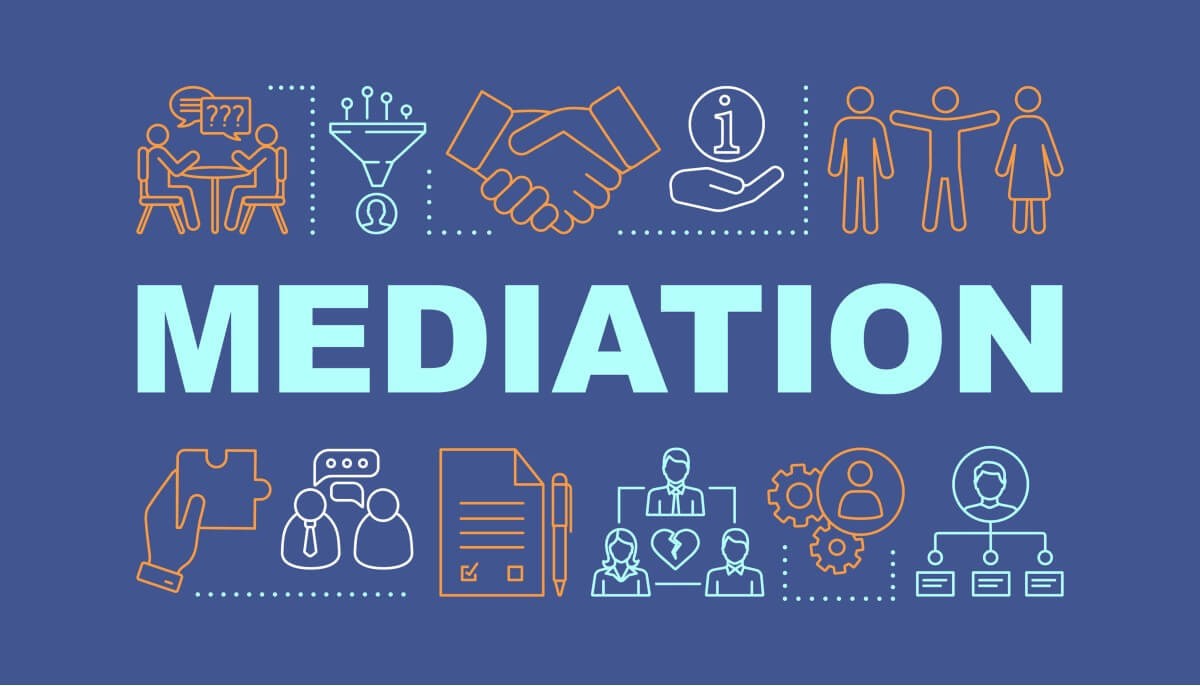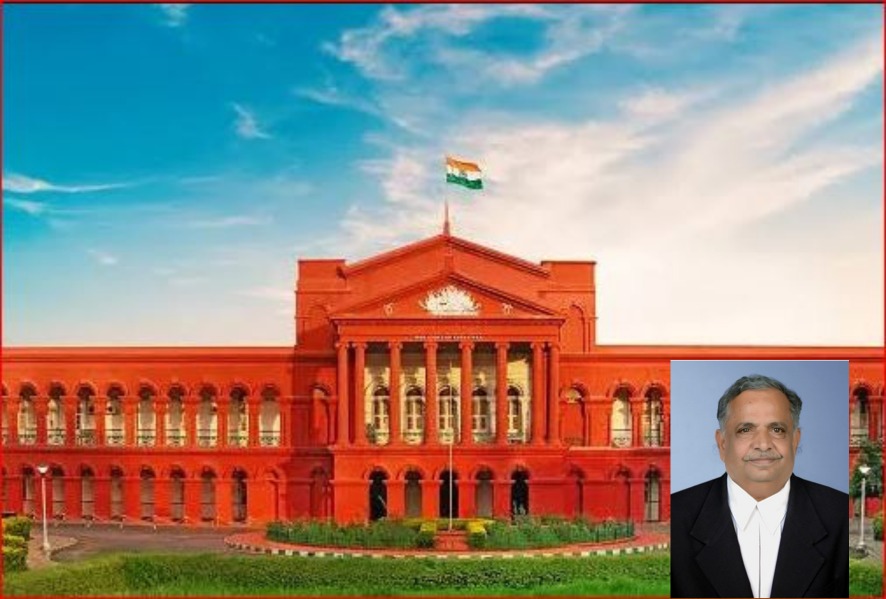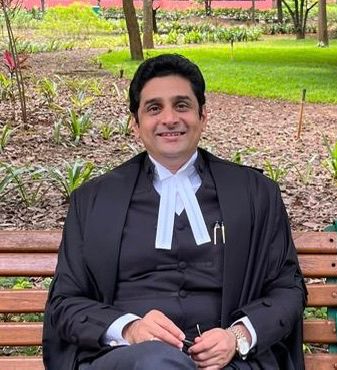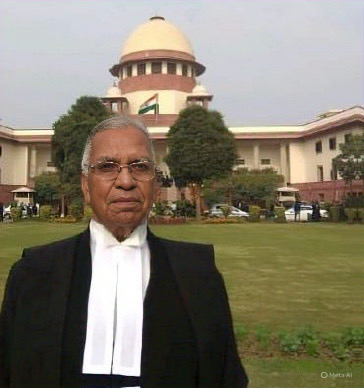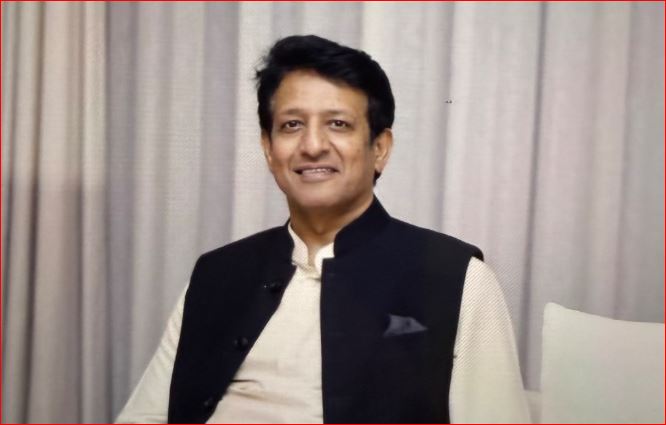'What is mediation?'. Notes by Mr. Anand Byra Reddy. Judge (Rtd) Karnataka High Court.
- 13-November-2025 22:16
WHAT IS MEDIATION?
Mr. Anand Byra Reddy. Judge (Rtd) Karnataka High Court. .
Mediation is an alternative dispute resolution mechanism. It enables parties to settle common civil and commercial disputes – even immediately and finally. It is a panacea, enabling legally enforceable settlements, other than through the regular judicial processes through civil courts, plagued by overloaded dockets and the consequent delayed results.
Entities such as partnership firms and companies, embroiled in disputes can also resort to Mediation.
The Mediation Act, 2023, (Applicable throughout India, is in force since September 2023) recognizes any settlement arrived at, as good as a judgment of a civil court and is enforceable, in the same manner as if it were a court decree.
The cost involved is nominal and negligible, relatively.
HOW IT WORKS:
To initiate Mediation, an agreement in that regard is necessary, between the disputing parties. Such an agreement can be in respect of disputes that may arise, or which have already arisen.
A Mediation Agreement is merely an intention of the parties to have their disputes, if any, resolved in mediation. Such an agreement can be contained in any document signed by the parties – e.g., exchange of letters, electronic communication such as, telex, Email, Fax etc.
MEDIATOR
He or she, is a trained and certified person on the panel of recognized institutions – that provide Mediation services.
The Mediator is appointed by a Mediation Service Provider, within 7 days from receiving an application. (A Mediation Service Provider, includes an organisation duly recognized in terms of the Act, or a court-annexed Mediation Centre etc.)
The parties are also free to agree upon and name a qualified mediator and the procedure for appointment too. If there is no consensus, then the Service Provider institution will choose the Mediator, while keeping in view the preference of the parties.
The Mediator should not, in any manner, have any relationship with the parties - either in the past or present.
COMMENCEMENT OF MEDIATION
The proceedings in respect of any identified dispute commences, when a notice of mediation issued by the party initiating mediation, is served on the opposite party. Or, on the date the mediator is appointed by a services provider, when there is no consensus on the appointment.
CONDUCT OF MEDIATION
The mediator assists the parties in an independent, neutral and impartial manner in the endeavour to reach an amicable settlement. The mediator may convene meetings, and may even hold separate meetings with each party, if the situation requires it.
The mediator attempts to facilitate a voluntary resolution of the dispute. The mediator may communicate the view of each party to the other to the extent agreed to by them. The mediator assists in identifying issues, clarifying priorities, exploring areas of settlement and generating options. But it shall always be the responsibility of the parties to take a final decision regarding their claims. The mediator cannot impose any settlement, on the parties. The mediator cannot be presented, by the parties, as a witness in an arbitral or judicial proceeding, if any, pertaining the same dispute.
TIME LIMIT FOR COMPLETION OF THE MEDIATION
The mediation process is to be completed within a period of 120 days, from the date of first appearance of the parties before the mediator. The above period may be extended, but by a period – not exceeding 60 days.
MEDIATION SETTLEMENT AGREEMENT
Where a settlement is reached in respect of the disputes, or even partially, the same shall be reduced into writing and signed by the parties and authenticated by the mediator. Copies of the same shall be provided to the parties. The said Settlement Agreement shall be registered in terms of the Act. In cases where mediation does not result in a settlement, the mediator prepares a ‘Non-Settlement Report’ and furnishes copies of the same to the parties.
CONFIDENTIALITY
All concerned with the Mediation, shall keep confidential, the acknowledgements, suggestions, promises, admissions etc., made during the mediation; There shall be no audio or video recording of the mediation proceedings.
TERMINATION OF MEDIATION
The mediation proceedings shall be deemed to terminate –
1 On the date of signing and authentication of the Mediation Settlement Agreement; or
2 On the date of the written declaration of the mediator that further efforts at mediation are no longer justified; or
3 If a party, or the parties, opt out of mediation, by addressing the mediator, in writing; or
4 On the expiry of the time prescribed under the Act.
COST OF MEDIATION
Unless otherwise agreed by the parties, all costs of mediation shall be borne equally by the parties.
ENFORCEMENT OF MEDIATION
A Mediation Settlement Agreement shall be enforced in the same manner as if it were a judgment and decree passed by a court and may be relied upon in any legal proceeding.
CHALLENGE TO A MEDIATION SETTLEMENT AGREEMENT
A Meditation Settlement Agreement may be challenged before a court or tribunal of competent jurisdiction, only on all or any of the following grounds:
1 Fraud;
2 Corruption;
3 Impersonation;
4 Where the matter was not fit for mediation, contrary to the Act.
No such application can be made after 90 days from the date of receipt of the Settlement Agreement, unless the Court or the tribunal, is satisfied of the cause shown, within a further period of 90 days.
ONLINE MEDIATION
Online mediation may be conducted with the written consent of the parties. The Mediator may take appropriate steps to maintain the confidentiality, as deemed fit.
MEDIATION COUNCIL OF INDIA
This is a body yet to be established by the Central Government at Delhi or at such other place, to be notified. It shall be composed of a Chairperson, along with 7 members. The Council shall promote domestic and international mediation in India; Provide for registration, renewal, withdrawal, suspension or cancellation of mediators; Laydown standards of conduct of mediators; Recognize Mediation Service Providers and Institutions etc. and perform such other function as may be assigned to it by the Central Government.
MEDIATION SERVICE PROVIDER
It includes an organisation that provides for the conduct of mediation and is recognised by the Council;
An Authority constituted under the Legal Services Authority Act, 1987;
Or a Court-annexed mediation centre.
The functions of the Mediation Service Provider will include accreditation of mediators and to maintain a panel of mediators; Provide the Services of mediators for conduct of mediation; to provide secretarial assistance and infrastructure for the conduct of mediation; Facilitate registration of Mediation Settlement Agreements in accordance with the Act.
COMMUNITY MEDIATION
Any dispute that is likely to affect the peace and harmony amongst residents or families of any area may be settled through Community Mediation, with the prior consent of the parties. Any of the parties can make an application before the concerned authority under the Legal Services Authority Act, 1987, or the District Magistrate in areas where no such Authority has been constituted. On such application, the concerned authority shall constitute a panel of 3 community Mediators, In this regard a permanent panel shall be notified, including the list of persons enumerated under Section 43 of the Act.
PROCEDURE FOR COMMUNITY MEDIATION
It is conducted by the panel of 3 Community Mediators, who shall devise a suitable procedure. If a Settlement Agreement is arrived at, it is to be reduced to writing with the signature of the parties and authenticated by the mediators. But it shall not be enforceable as a judgment or decree of a court.
A non-settlement report is otherwise submitted to the concerned authority.
ACT NOT TO APPLY TO PENDING PROCEEDINGS
The Mediation Act, 2023 – will not apply to any mediation or conciliation commenced before the coming into force of the same.
THE FIRST SCHEDULE
This Schedule to the Act, enumerates 12 subject matters not fit for Mediation.
THE SECOND SCHEDULE
Lays down that the provisions of the Act will override provisions of other Acts enumerated therein, which also providing for mediation or conciliation.
THE THIRD SCHEDULE
The Exceptions 1 & 2, to Section 28 of the Indian Contract Act, 1872, stand substituted.
THE FOURTH SCHEDULE
Section 89 of the Code of Civil Procedure, 1908, stands substituted.
THE FIFTH SCHEDULE
Section 4 of the Legal Services Authority Act, 1987, stands substituted,
THE SIXTH SCHEDULE
Certain sub-sections of Section 43D of the Arbitration and Conciliation Act, 1996, stand omitted.
Sections 61 to 81 of the above said Act, stand substituted.
THE SEVENTH SCHEDULE
Section 18 of the Micro Small and Medium Enterprises Development Act, 2006, stand substituted.
THE EIGHTH SCHEDULE
Section 442 of the Companies Act, 2013, stands substituted.
THE NINTH SCHEDULE
Chapter IIIA of the Commercial Courts Act, 2015, stands substituted.
THE TENTH SCHEDULE
Clauses (25) and (26) of Section 2 of the Consumer Protection Act, 2019, stand omitted.
Section 37 of the above Act stands substituted.
